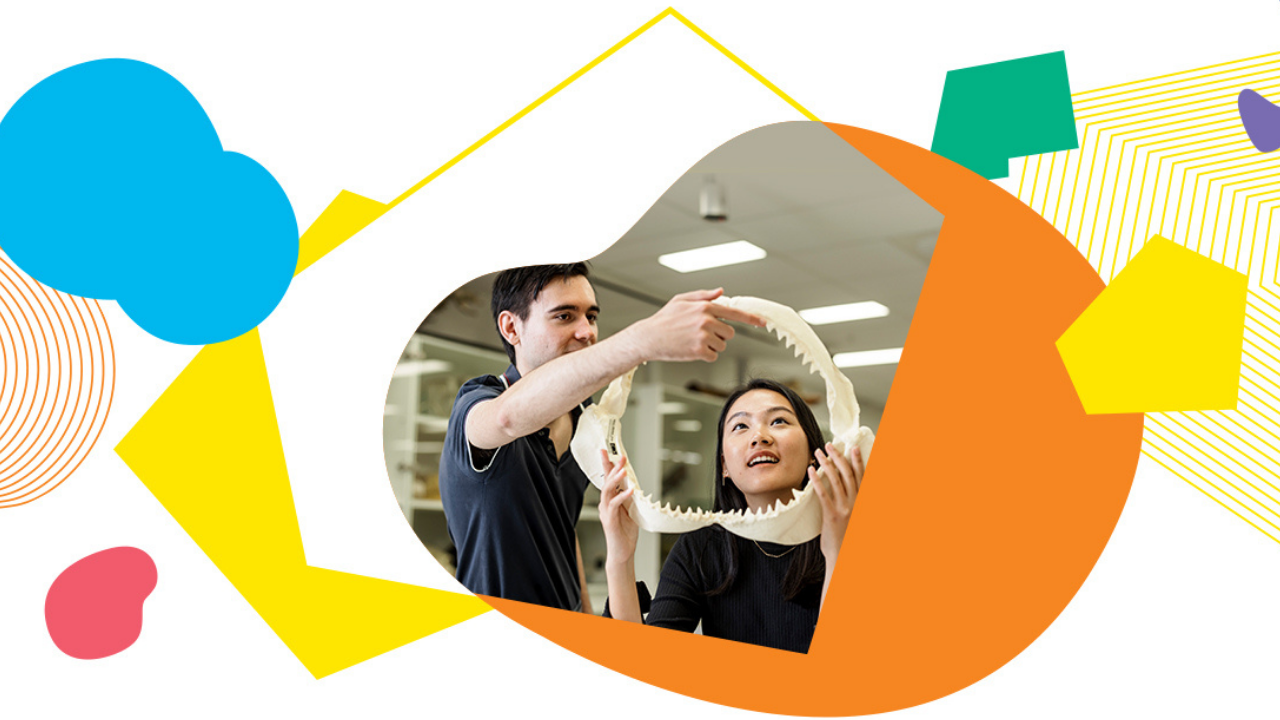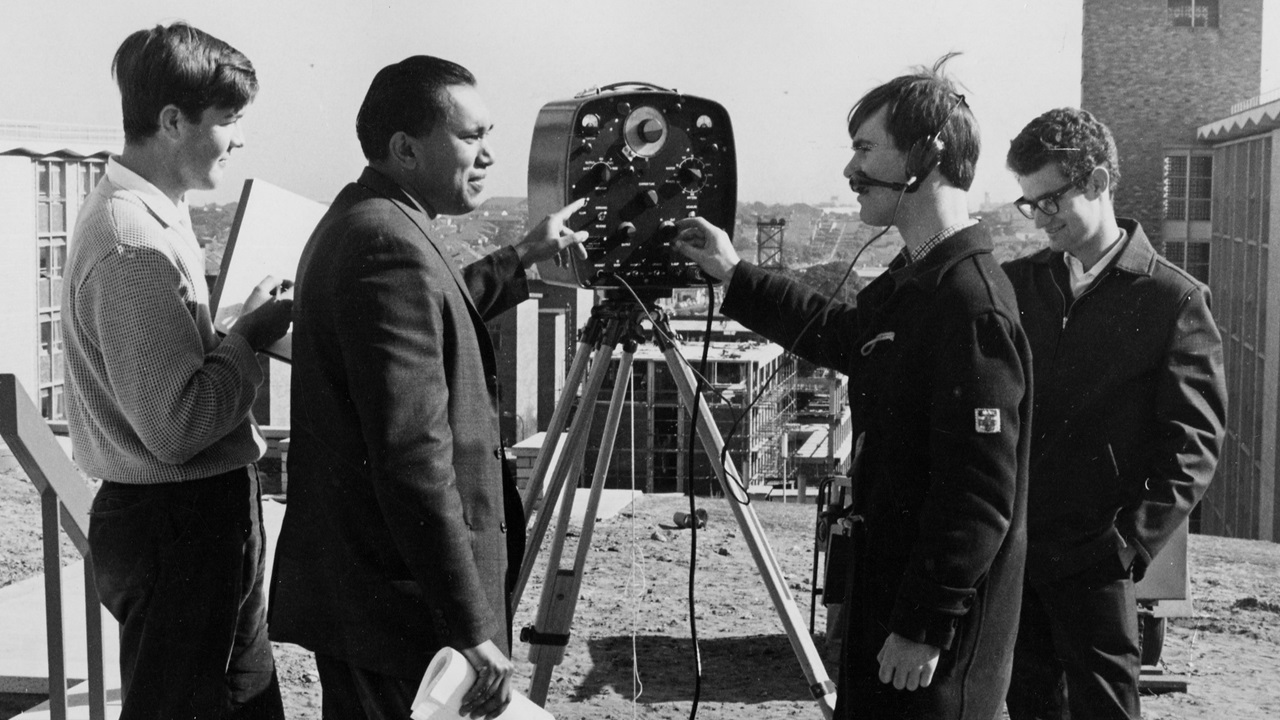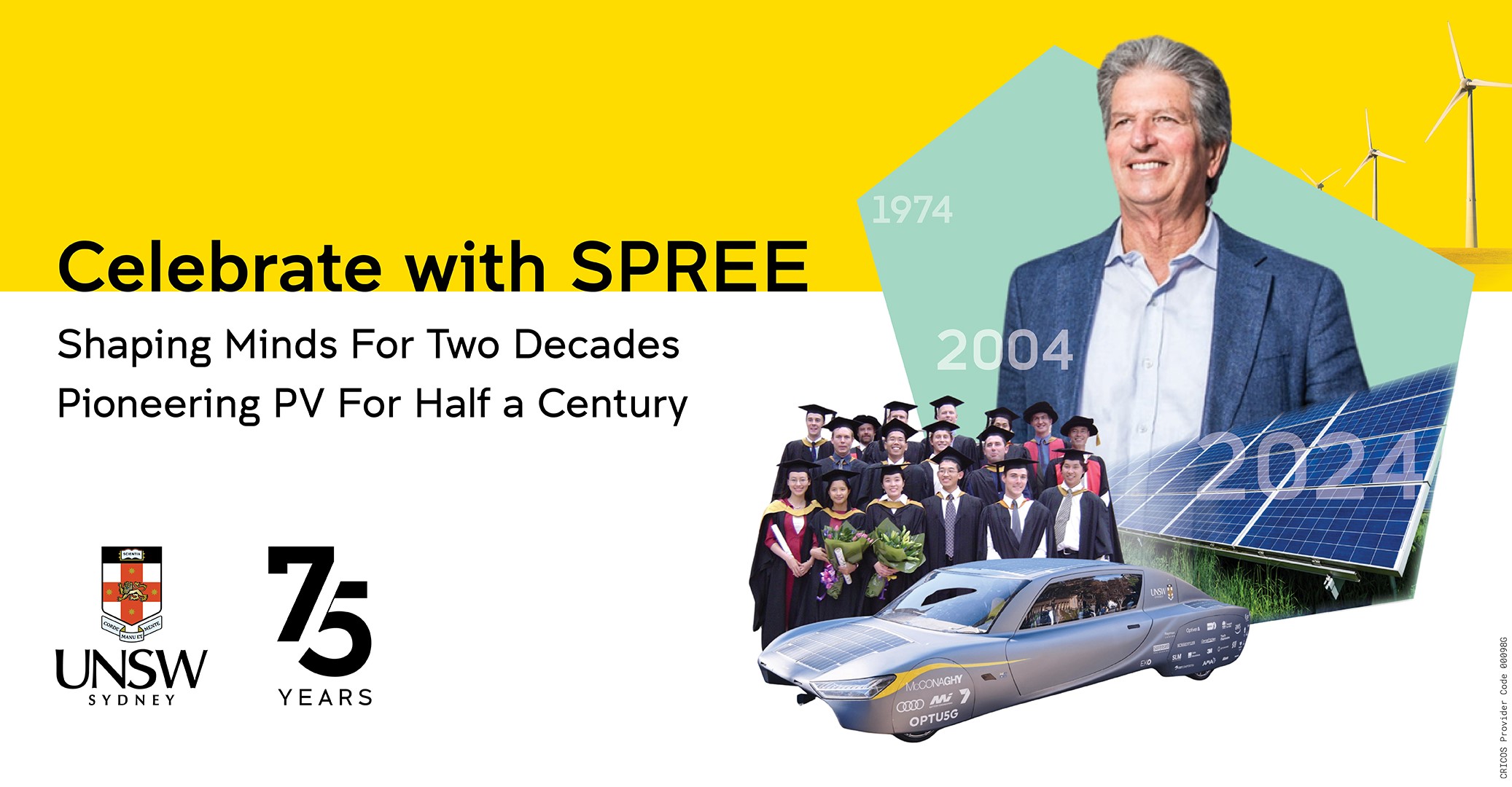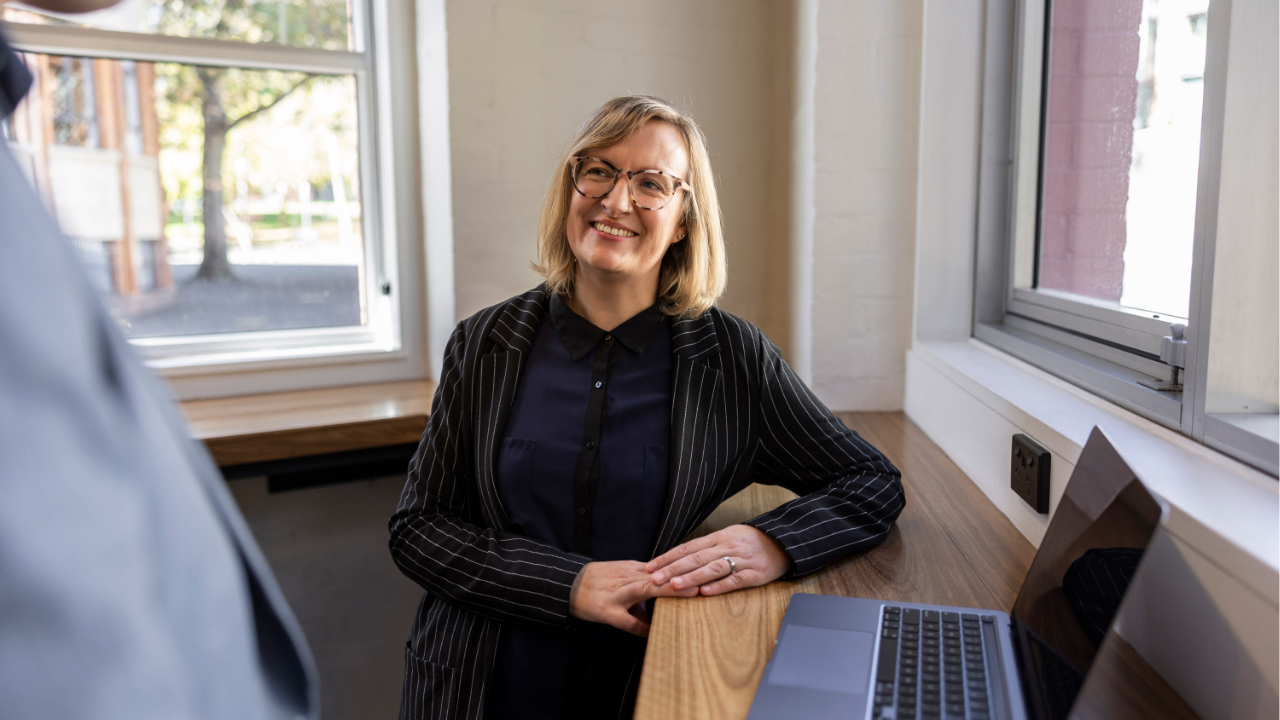Industrial Revolution 2.0 - Accelerating the transition to net zero

Net zero targets have been set but what will it really take to achieve them?
Join us for the launch of the UNSW Institute for Industrial Decarbonisation. This networking event brings together industry and government innovators, and leading researchers and educators across technological, business, and policy disciplines.
Fossil resource use is structurally embedded in global industrial systems - in the products and services we use every day of our lives: in the millions of plastic items, the cement and steel in our homes and cities, in the fabric of water, waste, transport and energy infrastructure, in our smart devices, in the synthetic fertiliser used to feed a global population heading for eight billion.
Navigating the complexity of investment, clean technology integration and supply chain linkage demands new thinking and deep commitment from every sector and professional discipline.
Australia is in a unique position to demonstrate global leadership at this turning point for industry and society as the transition towards net zero gathers pace.
This event is part of the UNSW Engineering the Future event series.
---
ON DEMAND RECORDING
This event will also be available for on-demand viewing. Please register for an 'on demand recording' ticket to receive the link to the event recording.
---
TICKETS
---
VISITOR SAFETY INFORMATION
The health and safety of our patrons is our top priority. Please do not attend the event if you feel unwell, have recently experienced any cold or flu-like symptoms or are awaiting the results of a COVID-19 test.
---
PUBLIC TRANSPORT & PARKING
Public transport - Art Gallery of New South Wales is easily accessible via public transport. The closest train stations are St James and Martin Place both about 10 minutes walk.
Parking stations – There are several car parks near the Art Gallery. The closest are the Domain Car Park and The Wharf, Woolloomooloo Car Park, both of which can be booked in advance online.
---
CONTACT
For all enquiries, please email engineering.events@unsw.edu.au.
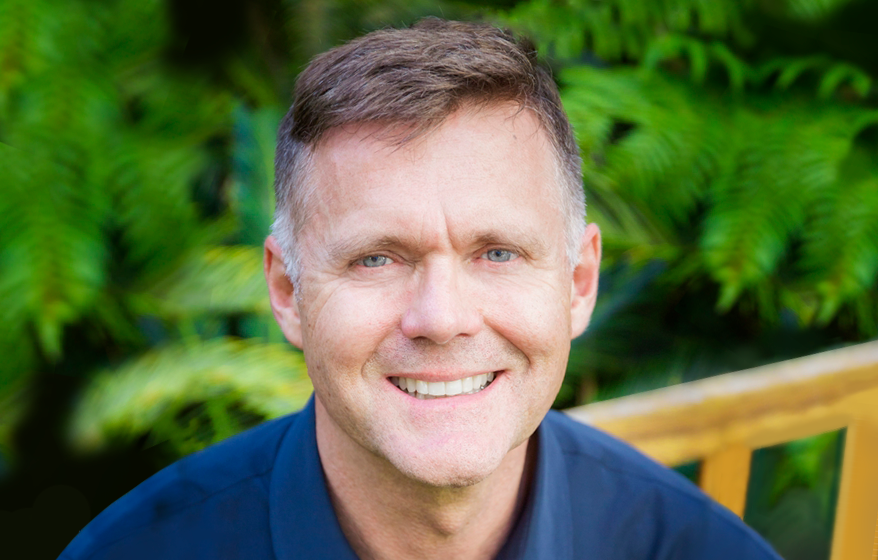
David Eyre
CEO of the UNSW Institute for Industrial DecarbonisationDavid Eyre is CEO of the UNSW Institute for Industrial Decarbonisation. Previously, through a 30-year career spanning research, industry and government sectors, David led programs in the areas of renewable energy, water efficiency, supply chain optimisation, natural resource regulation, integrated planning and environmental risk management. Prior to joining UNSW, he was CEO of the Future Food Systems Cooperative Research Centre, a national initiative working to optimise the nutritional productivity and environmental performance of Australia's food and agribusiness sectors. His academic background is in complex systems and analytical approaches to sustainable development. Board and advisory roles have included Non-Executive Director, Land and Water Australia, the NSW Natural Resources Advisory Council, CISCO Innovation Central Sydney, and Commonwealth industry working groups in the climate, carbon accounting, big data and natural resources domains.
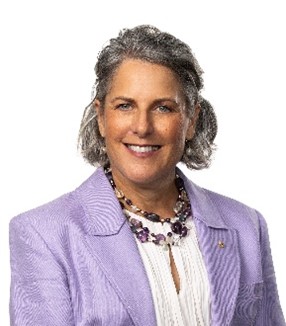
Romilly Madew AO FTSE HonFIEAust EngExec
CEO of Engineers AustraliaRomilly Madew is CEO of Engineers Australia.
Previously Romilly was CEO Infrastructure Australia (IA). Before joining Infrastructure Australia, Romilly was CEO of Green Building Council of Australia for 13 years. In acknowledgment of her contribution to Australia’s sustainable building movement, Romilly was awarded an Order of Australia in 2019.
In her capacity as CEO of Engineers Australia, she sits on the STEM Champions of Change committee. She is also currently a Member of the Australian Academy of Technology & Engineering (ATSE) Infrastructure Forum; Director Placemaking NSW Board; Member Infrastructure Net Zero Steering Committee; Chair UNSW Institute of Industrial Decarbonisation IAC; Federal Government appointee on the Circular Economy Ministerial Advisory Group, and G20 EMPOWER; Member Industry Skills Australia's IAC; Member National Women in Transport CEO Advisory Group; Independent Chair Currawong State Park Advisory Board (NSW); Member UK Institution of Civil Engineers Enabling Better Infrastructure (EBI) Steering Group and Director of Minerva Network (supporting Australia’s elite sportswomen).
Romilly is an active surf life saver on Sydney’s Northern Beaches.
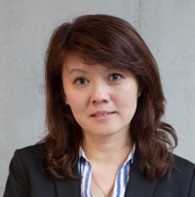
Scientia Professor Rose Amal
Co-director of the ARC Training Centre for the Global Hydrogen Economy, UNSW School of Chemical EngineeringRose Amal is a Scientia Professor at the UNSW School of Chemical Engineering where she is co-director of the ARC Training Centre for the Global Hydrogen Economy, Lead of the Power Fuels including Hydrogen Network under the NSW Decarbonisation Innovation Hub and Deputy Director for ARC Centre of Excellence for Carbon Science and Innovation. She is a passionate chemical engineer and is recognised as a pioneer and leading authority in the fields of fine particle technology, photocatalysis and functional nanomaterials. Her research focuses on designing nanomaterials for solar and chemical energy conversion applications, and engineering systems for solar induced processes using the sun’s energy to generate clean and sustainable fuel.
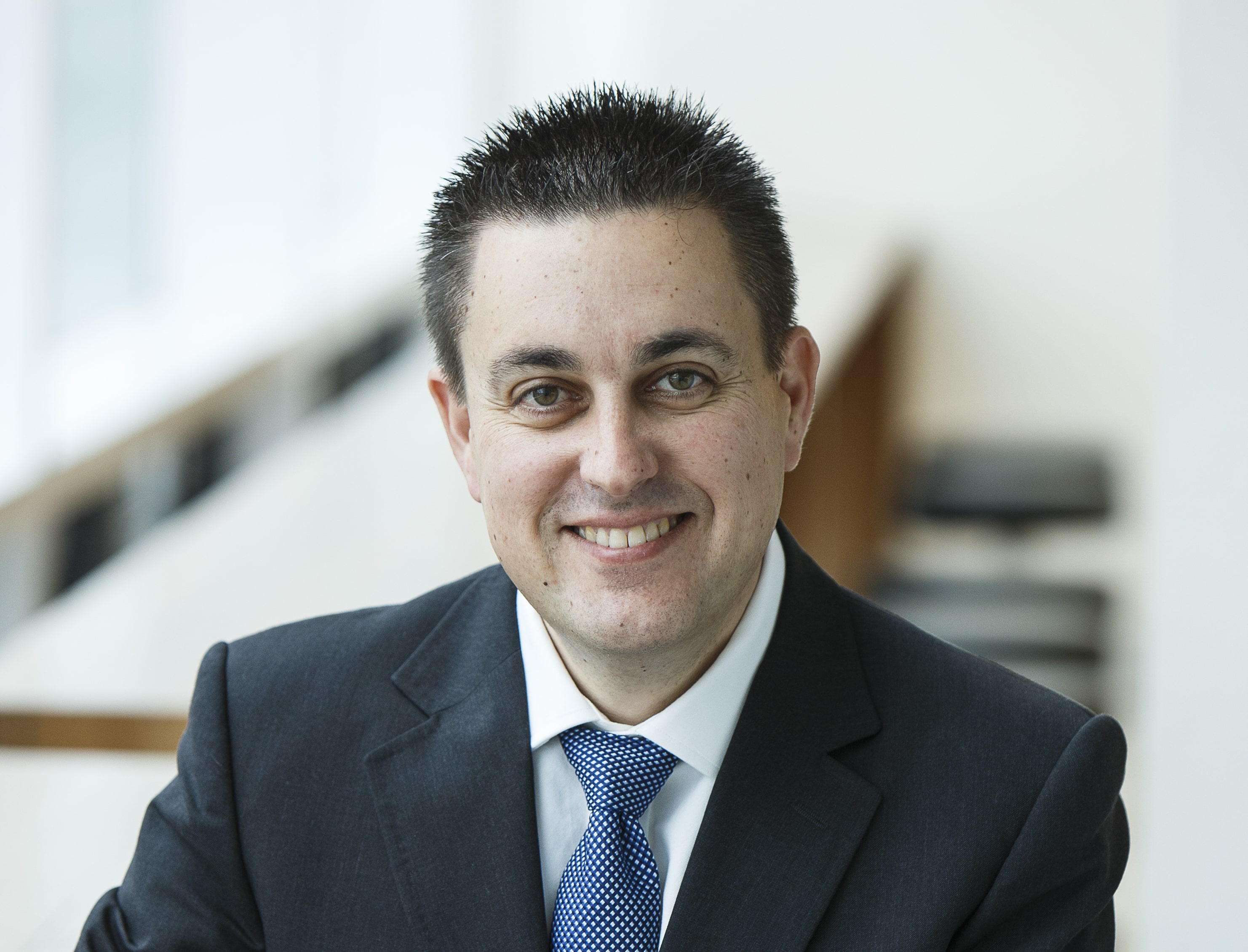
Professor Richard Holden
Director of the Manos Innovation Lab in Education, UNSW Business SchoolRichard Holden is professor of economics at UNSW Business School and director of the Manos Innovation Lab in Education. He also serves as the President of the Academy of the Social Sciences in Australia.
Prior to that he was on the faculty at the University of Chicago and the Massachusetts Institute of Technology.
He received an AM and a PhD in economics from Harvard University. His research focuses on contract theory, organizational economics, law and economics, and political economy. He has written on topics including: network capital, political districting, the boundary of the firm, incentives in organizations, mechanism design, voting rules, and blockchain.
Professor Holden has published in leading economics journals such as the Quarterly Journal of Economics, American Economic Review, Journal of Political Economy, and Review of Economic Studies. He has also published in top general interest science journals such as Nature, political science journals such as the Journal of Politics, and law journals such as the University of Chicago Law Review.
His research has been featured in press articles in The New York Times, The Financial Times, The Economist, and The New Republic. Professor Holden appears regularly as a media commentator and has published opinion pieces in outlets including the Australian Financial Review, the Australian, the New York Times, The New Republic, Times Higher Education, and the Sydney Morning Herald. He is a regular columnist for the Australian Financial Review.
Prior to graduate school he worked in private equity for several years, and he continues to advise in the corporate sector.
He is a fellow of the Econometric Society, the Academy of Social Sciences in Australia, and the Royal Society of New South Wales.
His most recent book is Money in the Twenty-First Century: Cheap, Mobile, Digital (University of California Press).
